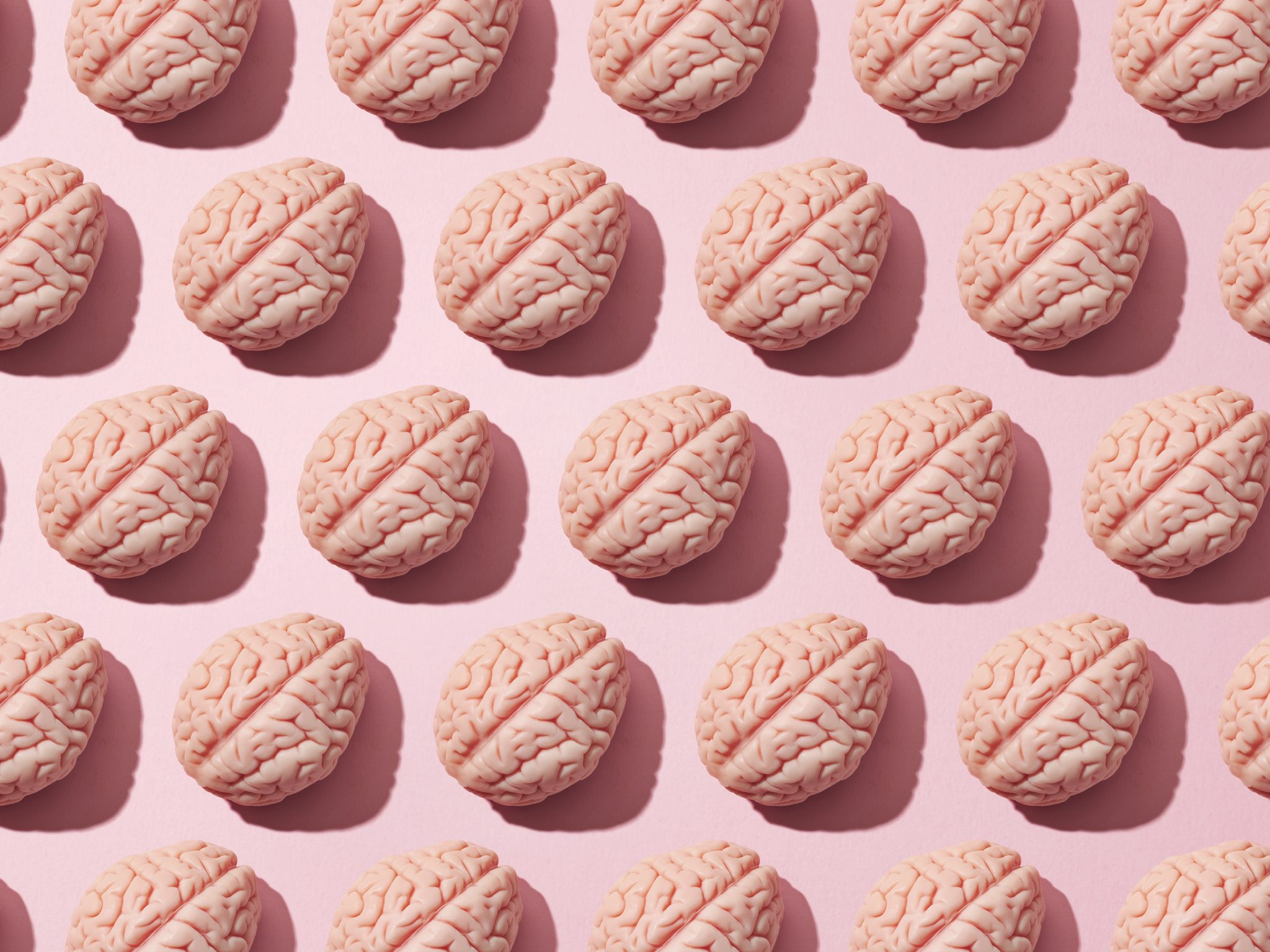Food psychologist Kimberley Wilson explains how vitamin B, the brain-boosting nutrient, works to support your mental health.
You are what you eat, or so the saying goes. And we have reason to believe that’s true, as scientists have proven that we can feed our gut to elicit full-body effects. Some well-established ways of doing that are by eating fibrous foods that produce serotonin, and fermented probiotics to support the microbiome diversity that impacts immunity and mood.
But there’s another crucial nutrient for your brain as well as your body, and that’s vitamin B. Vitamin B is divided into eight compounds, each with unique brain benefits. But it’s B12, nicknamed the energy vitamin, that’s got a huge role to play in our psychological health.
You may also like
Vitamin B12: how to tell if you’re B12 deficient or just tired
Are you ready for some science? We asked Kimberley Wilson, food psychologist and member of the Strong Women Collective, to explain how vitamin B can support our mental health, and she gave us the most interesting science lesson we’ve ever had.
Firstly, let’s talk about how B vitamins get their nickname. “They help you actually get the energy from the food you eat,” explains Kimberley. “In particular, it helps your mitochondria – the powerhouse of cells – to function properly.”
“So, one of the main signs of vitamin B deficiency is fatigue, lethargy and not really having the energy to do anything,” explains Kimberley. This makes for an interesting overlap with mental health: “Of course, a couple of the symptoms of depression are a loss of interest in things and a loss of energy. It can therefore work in both directions. Maybe someone is depressed for other reasons and it leads to those features or sometimes there’s a deficiency which causes depression by bringing on those symptoms.”
You may also like
The tell tale signs of zinc deficiency and what you can do to prevent it
Vitamin B’s role in the body doesn’t stop there, though. It is also responsible for the reactions that make our brain function the way it does. “They are essential elements required for enzyme reactions. So, in order for an enzyme to be able to do what it does, it almost needs a ‘backup’ of B vitamins,” explains Kimberley.
In the case of mental health, they help with the release of serotonin, dopamine, GABA, noradrenaline, melatonin – all the neurotransmitters which can affect our mood and mental health. “For example, depression is associated with problems in serotonin production or uptake. If you’re not even producing enough serotonin in the first place because you’ve got a deficiency in B vitamins, then we can consider vitamin B deficiency to be associated, or perhaps the causative factor for some people, in feelings of depression.”

B12 is also particularly important in long term brain health too, helping to fight off degenerative diseases. Kimberley explains how by using an analogy of a copper wire, with metal through the middle and a plastic or rubber coating on the outside. “In the brain that wire is called the axon and the protective layer is called myelin,” she says. “Myelin helps to speed up the transmission of signals down your nerve cells, and so that they can pass on a message from one nerve cell to another. B12 is essential for myelination, so a deficiency can lead to symptoms that look like dementia,” she explains.
That might appear as fatigue, memory loss and cognitive impairments. It can also damage the hippocampus, the part of the brain that’s most associated with memory. Damage to the hippocampus is usually the first step in Alzheimer’s disease, Kimberley explains.
How to get enough B12 to support your mental health
Yep, you probably want to make sure you’re getting enough of this essential vitamin after reading that. As B12 tends to be found in animal products, “if you eat meat, a couple of times a week, deficiency is really rare. For vegetarians, it will depend on how often they have eggs and dairy in their diet, but for vegans it’s essential to supplement B12,” Kimberley says.
Anyone presenting symptoms of low vitamin B should speak to their doctor about their diet and blood levels.
You may also like
How to build strength on a vegan diet: 6 myths debunked
If you, or someone you know, is struggling with mental health issues, you can find support and resources on mental health charity Mind’s website or see the NHS’ list of mental health helplines.
Follow @StrongWomenUK on Instagram for the latest workouts, delicious recipes and motivation from your favourite fitness experts.
Images: Getty
Source: Read Full Article
